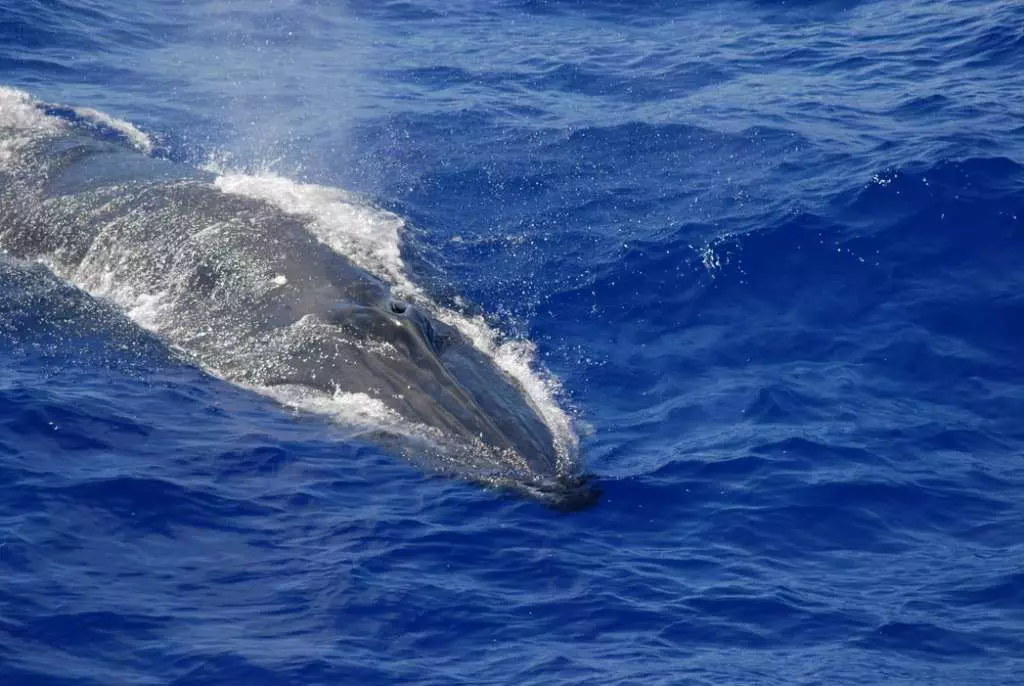Introduction
We are human beings. The food that we eat, the air we breathe, the nature-based medicines and raw materials we take, and the water that we drink all come from nature. Nature provides oxygen that we need to survive, livelihood support to billions of people, provides a renewable source of energy, helps mitigate and adapt to climate change, evokes emotions, or inspires artists. We are very unconscious to protect our environment and so the degradation of environment is increasing day by day.

Concept of Nature and Ecosystem
Nature is the summary of everything that has to do with biological, chemical, and physical states and events in the universe.
We live in nature. It is very important and essential for us to protect our nature. Because, if nature destroyed, everything can be destroyed automatically. We are connected equally to the environment. Nature gives us everything, which we need all time.
The “Whole Earth”, has to be managed in a systematic way that will allow continuous healthy functioning of the ecological systems that support life on Earth, including human life. Biological diversity is a term where do measure of variation at the genetic, species, and ecosystem level. The ecosystem is related to biodiversity. We can say, the ecosystem is a large community of living organisms such as plants, animals, and microbes in a particular area which is also a part of nature.
Human-Nature Relationship
The human-nature relationship is a broad concept. The fundamental relationship between humans and nature is the ongoing exchange and change of resources, the service nature, and humans provide to each other. Some examples of these include humans’ preference for scenes dominated by natural elements, the sustainability of natural resources, and the health benefits associated with engaging with nature.
Humans are Responsible for Destroying the Environment
There are many impacts of humans on the physical environment, for example, overpopulation, pollution, burning fossil fuels, and deforestation. As the climate is changing in every moment and people are very unconscious about saving the environment. So we can observe soil pollution, air pollution, water pollution, etc.
It is a matter of great sorrow that, we care little when it comes to the Conservation of nature. We are witnessing mass extinction of species, loss of biodiversity, and ecosystems globally mainly due to anthropogenic activities. We are destroying our mangrove forests, coral reefs, wetlands, etc, polluting our rivers and oceans, converting our natural forests to agriculture land, setting up industries, and expanding urban habitat. Our consumerist behavior, overexploitation of natural resources, greed, and existing linear economic growth. Humans have destroyed or degraded vast areas of the World’s terrestrial, marine and other aquatic ecosystems.
Latest Issues Related to the Destruction of the Environment
The world must acknowledge the fact that degradation of ecosystems and loss of biodiversity are moving closer to tipping points that accelerate the dramatic increase of the spread of zoonotic diseases like coronavirus (Covid-19) pandemic which may become endemic. This is also a wake-up call for the community throughout the world to take urgent action to combat the acceleration of species loss and degradation of environment as well as to protect nature.
The Covid-19 pandemic is a clear indication that human health is closely linked to the planet’s health. Research shows that the number of emerging outbreaks of infectious diseases has more than tripled and more than two -thirds of these diseases have originated from animals since 1980. It is also reported that 60pc of all known infectious diseases are due to the natural disturbance caused by a variety of factors including destruction and degradation of natural habitats, loss of biodiversity and ecosystem services, illegal hunting and poaching of wildlife and risks associated with poorly managed livestock farming. Not only Covid-19, other zoonotic diseases such as Ebola, SARS, Swine and Avian flu, HIV, etc also spread due to similar reasons.
Coastal Forests and Bangladesh
Nature also saves us from the devastating effects of cyclone and storm surges and it was very evident during super cyclone “Amphan” which is called the strongest cyclone in the last 3-4 decades, that hit our country recently. The Sundarbans, the world’s largest mangrove forest, and other coastal forests saved millions of lives during the disaster. Healthy ecosystems with rich biodiversity can protect our lives from various kinds of disasters.
Causes and Effects of Degradation of Environment
Though we get oxygen from trees, destroying forests is creating by us rapidly. We know that, if oxygen is not staying at a certain level in our environment, various kinds of viruses, bacteria can affect us easily. Because a sufficient amount of oxygen can destroy any kind of viruses, which is proved by scientists. Climate change, increasing temperature, powerful cyclones are the bad effects of cutting trees. Even, in our country’s coastal areas are at a highly risking position for increasing sea level of water.
To reduce the degradation of environment, we should take some steps which are given below:
1.Tree plantation.
2.Savings our rivers.
3.Recycling plastics, metal elements, etc.
4.Using paper bags.
5.Using food wastage as fertilizers.
6. Avoid pollution of water, air, soil, etc.
7. Using our Daily materials smartly
Conclusion
In conclusion, all fronts including the national and local governments, private sector, civil society, and individuals must promote and integrate nature-based solutions into all development planning, programming, and budgetary process. We should protect our nature to live happily.
References
- Arif M.Faisal; Time for nature: Accelerating nature-based solution for development; The Independent (3 June 2020)
- Valentine Seymour; The Human-Nature Relationship and Its Impact on Health; Fron.Public Health, (18 November 2016)
- Jeremy Hance; Biodiversity is the ‘infrastructure that supports all life’; The Guardian,(28 June 2018)
Author:
A.K.M.Al Ahad Nadim
Soil and Environmental Sciences
The University of Barishal. Bangladesh